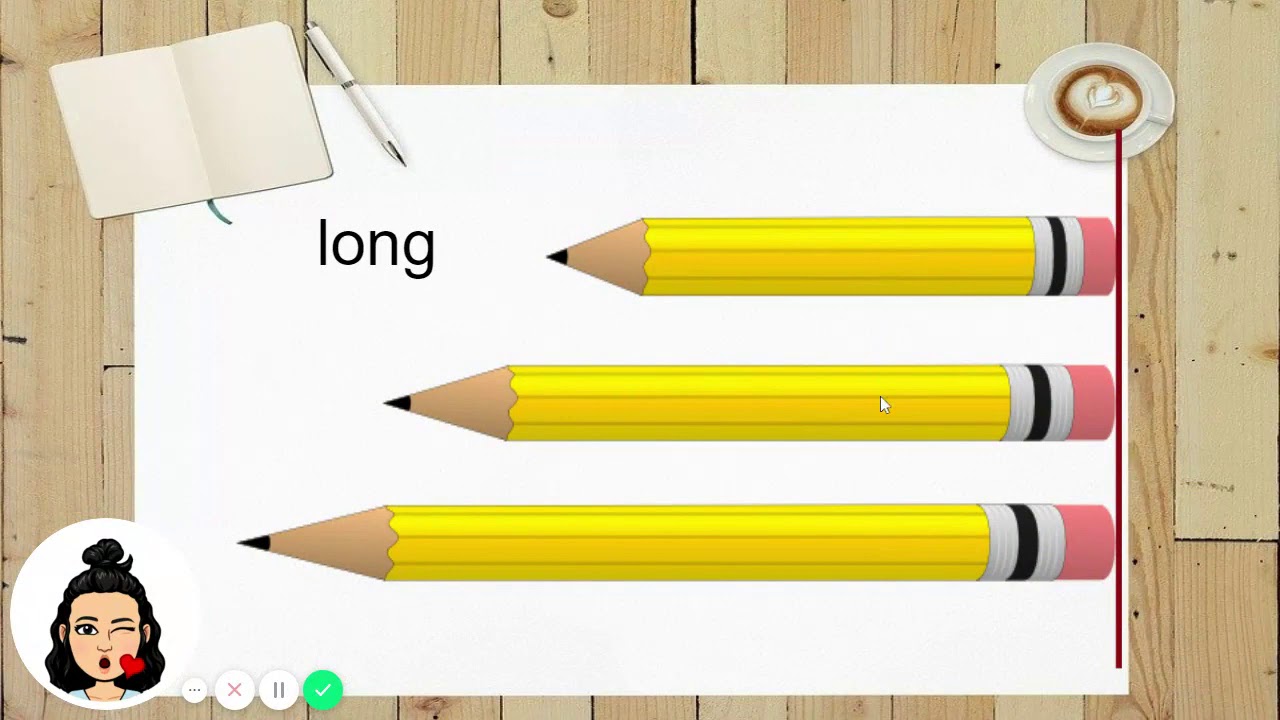Understanding the Dog Digestion Timeline: What Every Pet Owner Should Know

Introduction: Why Dog Digestion Matters
For every responsible pet owner, understanding how long it takes for dogs to digest food is more than a curiosity-it’s a foundation for making informed choices about feeding schedules, diet quality, and overall wellness. The canine digestive process is efficient, but several factors can influence its speed. By learning what affects digestion time, you can better monitor your pet’s health and tailor their care for optimal results.
How Long Does It Take for Dogs to Digest Food?
On average, dogs digest their meals within 6 to 10 hours . This timeframe can shift based on multiple factors, but most dogs will fully process and absorb their food between 4 to 12 hours after eating [1] [2] [3] [4] [5] . In contrast, humans may take up to 72 hours to complete the same process. This rapid digestion is due to canine physiology and their evolutionary adaptation to a carnivorous diet, which emphasizes quick processing of proteins and fats.
Key Factors Affecting Digestion Time
Digestion isn’t a one-size-fits-all process. Several variables influence how quickly a dog’s body breaks down food:
1. Size and Breed
Smaller dogs generally have faster digestion times than larger breeds because their intestinal tracts are shorter and food moves through more rapidly. For example, a small or toy breed may fully digest a meal in as little as 4 to 6 hours, while a large-breed dog could take 8 to 12 hours or more [2] . Certain breeds with unique gastrointestinal structures may also experience different digestion rates.
2. Age
Puppies and younger dogs digest food more quickly due to higher metabolic rates and greater energy requirements. Conversely, senior dogs may have slower digestion as their systems become less efficient with age [1] [2] .
3. Activity Level
An active dog will often process food more quickly, as physical movement stimulates the digestive tract. Dogs with a sedentary lifestyle, on the other hand, may experience slower digestion and should be monitored for signs of gastrointestinal discomfort.
4. Type of Food Consumed
Wet foods and high-protein diets are typically digested faster than dry kibble or foods high in fiber. For instance, wet food may break down in around 4-6 hours, while dry kibble can take up to 10 hours for complete digestion [4] . This distinction is important when planning feeding times and monitoring bathroom habits.
The Stages of Dog Digestion
Dog digestion involves several steps, each critical to overall health:
1. Ingestion : Dogs chew and swallow food, which travels down the esophagus to the stomach.
2. Stomach Breakdown : Gastric acids and enzymes begin breaking down proteins and fats. This is where most chemical digestion occurs and can last several hours, depending on the meal.
3. Small Intestine Absorption : Nutrients are absorbed into the bloodstream through the intestinal walls. This stage is essential for delivering energy and building blocks to the dog’s body.
4. Large Intestine Processing : Water is reabsorbed, and waste is formed into stool. The final step results in a bowel movement, typically within 24 hours of the original meal [4] .
Practical Guidance for Optimizing Your Dog’s Digestion
To support efficient digestion and prevent issues, consider the following expert-backed steps:
1. Feed a Consistent Diet: Sudden changes can upset your dog’s stomach. Transition slowly between food types and brands, introducing new foods over seven days to minimize discomfort.
2. Monitor Portion Sizes: Overfeeding can slow digestion and lead to obesity, while underfeeding doesn’t provide enough nutrients for healthy metabolism. Follow your veterinarian’s guidelines for portion control based on your dog’s age, weight, and activity level.
3. Provide Fresh Water: Hydration is critical for proper digestion. Ensure your dog has access to clean water at all times to support nutrient absorption and regular bowel movements.
4. Schedule Regular Exercise: Daily walks and playtime promote gut movement and can help regulate your dog’s digestive schedule. Aim for age- and breed-appropriate activity to keep their system moving efficiently.
5. Observe Bathroom Habits: Track the frequency and appearance of your dog’s bowel movements. Consistent, firm stools are a sign of healthy digestion. Diarrhea, constipation, or drastic changes should prompt a call to your veterinarian.
Common Challenges and Solutions
Even with the best care, dogs can experience digestive issues. Here are common problems and steps you can take:
Challenge: Irregular Digestion or Sudden Changes in Bowel Movements
Solution:
Evaluate recent changes in food, activity, or environment. Gradual transitions and stress management can help restore balance. If problems persist, consult your veterinarian for diagnostics and tailored advice.
Challenge: Food Intolerances or Sensitivities
Solution:
Some dogs are sensitive to specific proteins, grains, or additives. Work with your veterinarian to identify triggers and choose hypoallergenic or limited-ingredient diets if needed.

Source: topdogtips.com
Challenge: Slow Digestion in Older Dogs
Solution:
Senior dogs may benefit from easily digestible foods, more frequent but smaller meals, and enhanced hydration. Ask your vet about supplements or special diets formulated for aging pets.
Frequently Asked Questions
How can I tell if my dog has digestive problems? Signs of digestive distress include vomiting, diarrhea, constipation, bloating, excessive gas, or a sudden change in appetite. If you notice any of these symptoms, contact your veterinarian promptly.
How does dog digestion compare to humans? While dogs digest food in 4-12 hours, humans can take up to 72 hours. This difference is due to unique physiological and dietary needs [3] [5] .

Source: topdogtips.com
Does medication affect digestion time? Oral medications are often absorbed much faster than food-sometimes within 20-30 minutes. Follow the specific instructions given by your veterinarian for each prescription [3] .
How to Access Professional Guidance and Further Resources
If you have concerns or need tailored advice, here’s how you can act:
1. Contact your veterinarian for personalized recommendations based on your dog’s breed, age, and health status.
2. For general information on canine nutrition and health, visit the American Kennel Club (AKC) website by searching for “dog digestion AKC” or consult the Pet Food Institute by searching for “dog digestion Pet Food Institute.” Both organizations provide science-backed guidance and practical tips.
3. When in doubt, maintain a journal of your dog’s eating and bathroom habits to share with your vet, which can help identify patterns and address problems early.
Summary: Supporting Your Dog’s Digestive Health
Understanding how long it takes for your dog to digest food is crucial for effective care. While the average dog processes a meal in 6-10 hours, individual times may vary due to age, size, diet, and activity. Monitoring their routine, providing consistent nutrition, and seeking professional advice when needed will help ensure your dog enjoys a healthy, comfortable life.
References
[1] Earthborn Holistic Pet Food (2025). How Long Does It Take for a Dog to Digest Food?
[2] Petzyo (2025). How Long Does It Take for Your Dog to Digest Food and Poop?
[3] James Wellbeloved (2025). How long does it take a dog to digest food?
[4] Supreme Source Pet (2024). Dog Digestion: How Long to Process Food and Poop?
[5] Supreme Source Pet (2024). A Guide to Dog Digestion Time.






